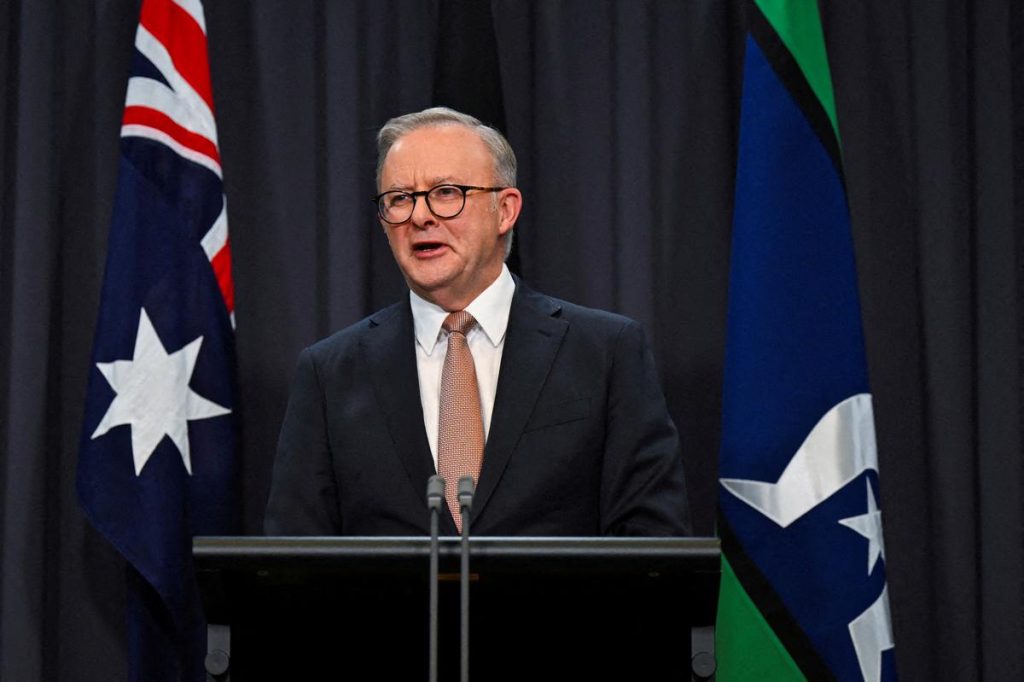Context:
Recently, Australia’s parliament became the first to pass a law that will ban children under the age of 16 years from using social media.
More on the news
- The Online Safety Amendment (Social Media Minimum Age) Bill 2024 bans social media platforms from allowing users under 16 to access their services.
- Companies face fines of up to AU $50 million for non-compliance.
- The government cited links between social media use and the mental health of youths as a rationale for the step.
Key provisions of the law
- Age-restricted social media platforms are required to take reasonable steps to prevent age-restricted users from having an account with the platform.
- The government indicated that Snapchat, TikTok, X, Instagram, Reddit and Facebook are likely to be part of the ban.
- Exemption to messaging services like WhatsApp, online services like Kids Helpline, and products used for educational purposes such as YouTube has been provided.
Laws regulating social media use in India
Information Technology Act, 2000:
- Provides a framework for electronic governance.
- Section 69A gives the government power to block any information that is stored in any computer resource from public access.
Information Technology (Intermediary Guidelines and Digital Media Ethics Code) Rules, 2021:
- Platforms must appoint a Chief Compliance Officer, a Nodal Contact Person, and a Resident Grievance Officer in India to address user complaints and grievances.
- Social media intermediaries are needed to establish mechanisms for the removal of harmful content like hate speech and misinformation.
Bharatiya Nyaya Sanhita, 2023:
- Section 152 recognises “electronic communication” as an instrument that can be used to incite secession, armed rebellion, or separatism which are punishable.
- Section 353 makes it illegal to knowingly produce, disseminate, or publish false information, including through “electronic means”.
Digital Personal Data Protection Act, 2023:
- Data fiduciaries to maintain the accuracy of data, keep data secure, and delete data once its purpose has been met.
- Grants certain rights to individuals, including the right to obtain information and seek correction and erasure.
- Established the Data Protection Board of India.

